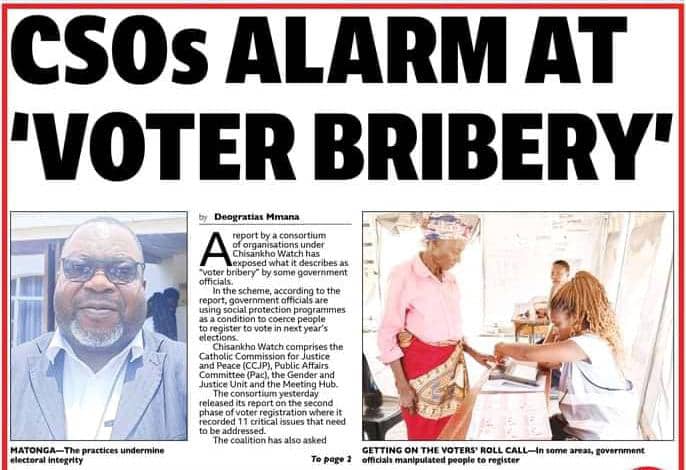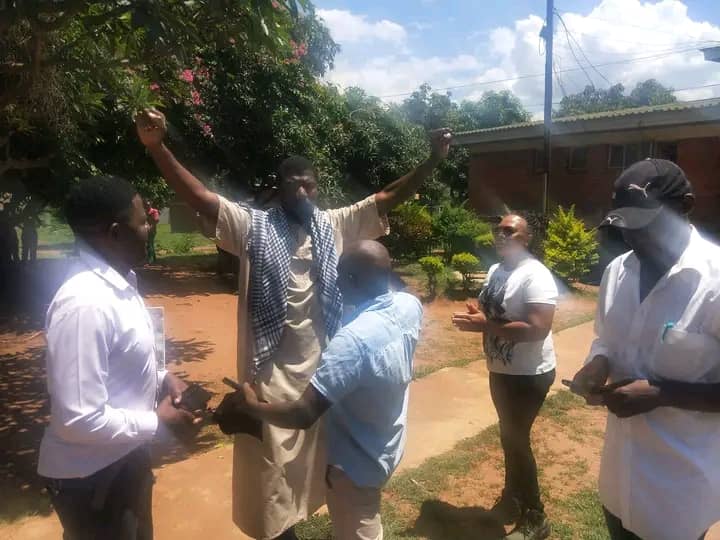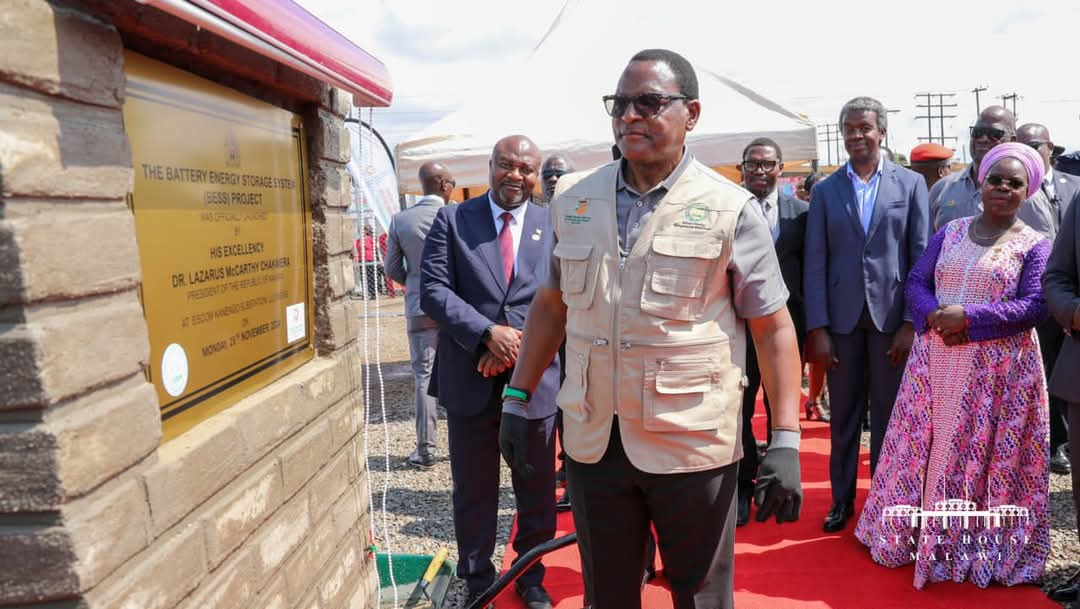By Burnett Munthali
The front-page revelation in Malawi News on November 30, 2024, detailing voter bribery by government officials, is an alarming development that highlights the fragility of Malawi’s democratic processes. The report by Chisankho Watch—a consortium of civic organizations dedicated to monitoring electoral integrity—lays bare the manipulative tactics employed by those in power to influence the outcome of elections.
This exposé raises critical questions about the commitment of Malawi’s political leadership to uphold free and fair elections. Voter bribery undermines the core tenets of democracy by corrupting the will of the people and eroding trust in the electoral system. As we approach the highly anticipated 2025 tripartite elections, such malpractices risk disenfranchising voters and delegitimizing the eventual winners.
The report alleges that government officials are exploiting state resources and their positions to sway voters. While details remain under investigation, early indications suggest a pattern of distributing cash, food items, and other goods to vulnerable communities in exchange for their votes. This not only exploits poverty but also creates an uneven playing field, disadvantaging opposition candidates who lack access to similar resources.
Moreover, the timing of these revelations coincides with intensifying political campaigns, hinting at the deliberate weaponization of state apparatus to tilt electoral outcomes.
Voter bribery is a direct violation of the Electoral Act and the Penal Code of Malawi. It constitutes a punishable offense, reflecting the legislature’s intention to safeguard the sanctity of elections. However, the lack of rigorous enforcement has emboldened perpetrators, perpetuating a culture of impunity.
Ethically, such actions betray the social contract between the government and its citizens. Leaders are expected to serve as custodians of public trust, not manipulators of the democratic process. The involvement of government officials in these practices is particularly disheartening, as it signals a failure of leadership at the highest levels.
Chisankho Watch’s report also sheds light on the detrimental effects of voter bribery on political participation. For many, it reduces elections to transactional exchanges, stripping them of their ideological significance. This phenomenon risks creating a disillusioned electorate, where decisions are driven by immediate material gains rather than long-term developmental goals.
Furthermore, continued reports of electoral malpractice could lead to widespread voter apathy, especially among the youth and educated populations who may view the system as irredeemably corrupt.
Civil society organizations like Chisankho Watch and independent media outlets have a pivotal role in exposing and addressing such electoral malpractices. Their work ensures accountability and empowers citizens to demand transparency. However, for their efforts to yield results, they require robust support from legal institutions, donor partners, and the general public.
Recommendations
1) Parliament should urgently review and tighten electoral laws to address gaps that enable bribery and corruption.
2) The Malawi Electoral Commission (MEC) must be granted more resources and autonomy to investigate and prosecute cases of voter bribery.
3) Civil society must amplify voter education initiatives, emphasizing the importance of resisting bribery.
4) The Anti-Corruption Bureau (ACB) must prioritize high-profile investigations and ensure swift prosecution of those implicated.
The allegations of voter bribery outlined by Chisankho Watch paint a grim picture of Malawi’s democratic health. Left unchecked, these practices could plunge the nation into a crisis of legitimacy, where election results are perpetually contested, and governance is rendered ineffective.
Malawi stands at a crossroads. It is incumbent upon all stakeholders—government, opposition, civil society, and ordinary citizens—to work collectively to safeguard the integrity of the 2025 elections. Democracy thrives on accountability, and those who seek to subvert it must be held to account.
Only through decisive action can Malawi reinforce its commitment to democratic principles and restore faith in its electoral system.




